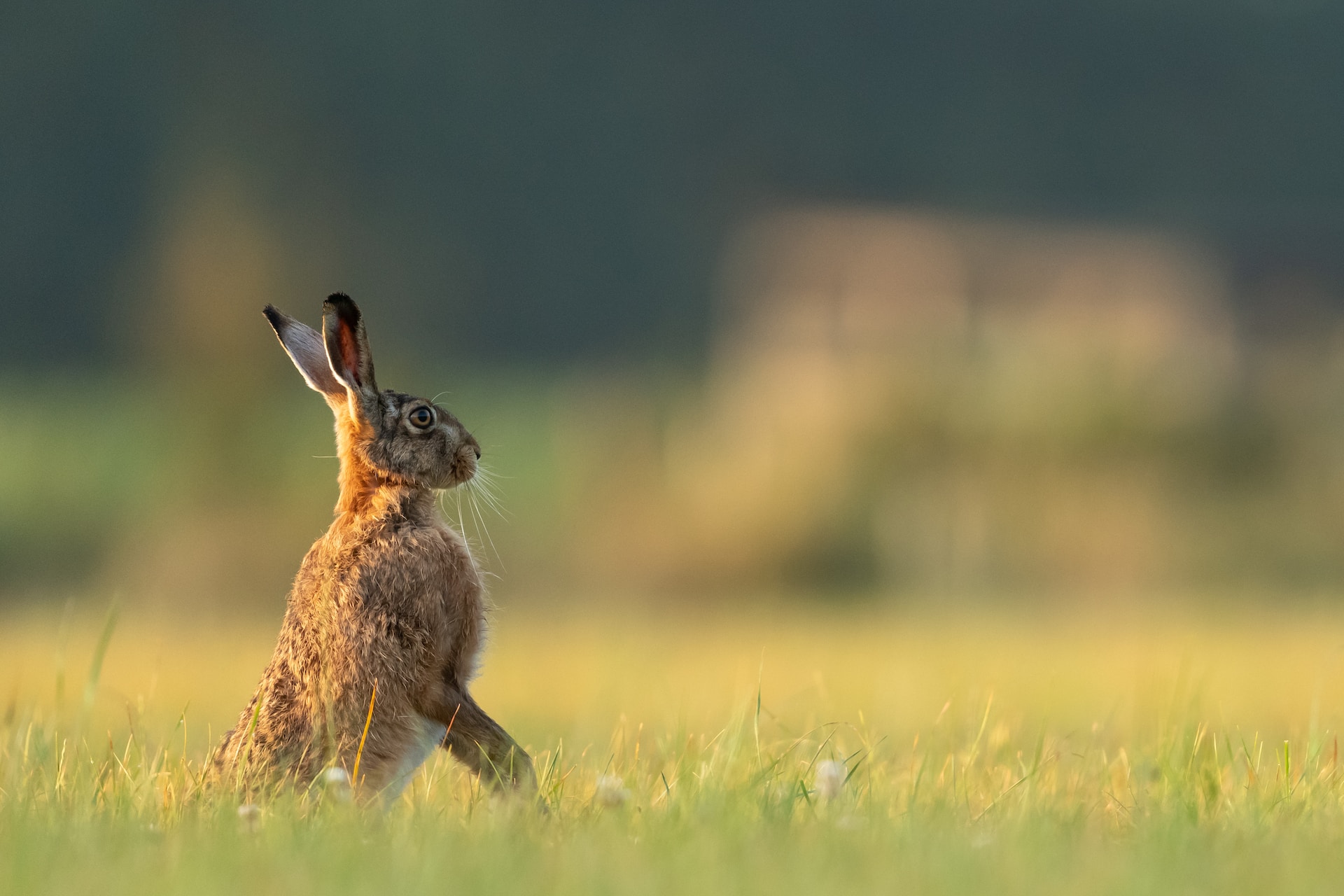How to support nature
While the scale of the climate and ecological crisis can feel overwhelming, there are simple actions that each of us can take to help our society move towards a more sustainable world.
Supporting organisations like the RSPB, which actively engage in habitat conservation and restoration projects, is crucial. These efforts aim to protect critical ecosystems, preserve biodiversity, and create sustainable environments for both wildlife and people.
Supporting sustainable farming and food production helps to encourage more nature-friendly methods, reduce reliance on harmful chemicals and promote practices which are positive for biodiversity and the overall health of our ecosystems. When you are able to, buying locally-produced or organic produce from small local producers shows that you care about protecting our local habitats, and also reduces your food miles. You can make a big impact by opting for products with eco-friendly certifications and ethical practices - this includes sustainably sourced wood, seafood and other resources that can help reduce the impact on natural habitats.
Get involved in community conservation initiatives - there are plenty of tree planting initiatives and wildlife-friendly gardening programs across the UK, designed to create a positive impact on a grassroots level. Volunteer your time, participate in community clean-ups and support initiatives focused on habitat restoration and wildlife protection. Contributing to projects like the Big Butterfly Count or bird-watching surveys provides valuable information for researchers and helps track changes in biodiversity. You can head to our Events section to find more events across the South West, and download our free calendar to join in with national and international awareness days.
The West of England Nature Partnership (WENP) has led the development of a vision for a Nature Recovery Network in the West of England - a joined up network of marine and terrestrial habitats where nature and people can thrive - as well as the Forest of Avon Plan, a long-term, generational vision for trees and woodlands across the West of England.
You can transform your outdoor space into a haven for wildlife by planting native flowers, shrubs and trees. Add food sources like bird feeders and insect-friendly plants to attract a diverse range of species, and avoid using pesticides that can harm pollinators and other beneficial insects.
We can also play our part by reducing pollution where possible - recycling, opting for reusable items and cutting down on single-use helps to keep plastic waste out of our waterways and ecosystems. Saving water through water-saving appliances, using a water butt to water your garden and being mindful of your water use helps to support aquatic life, and also lowers your water bill! Turning off unnecessary lights at night (particularly outdoor lights) really helps nocturnal species to thrive, and reduces your energy use too.
Lastly, choosing eco-friendly transportation options such as walking, cycling or public transport helps to minimise both air and noise pollution, contributing to the wellbeing of urban and rural ecosystems. A more leisurely journey can also help you to connect more with nature, so why not try taking the scenic route by bike?


